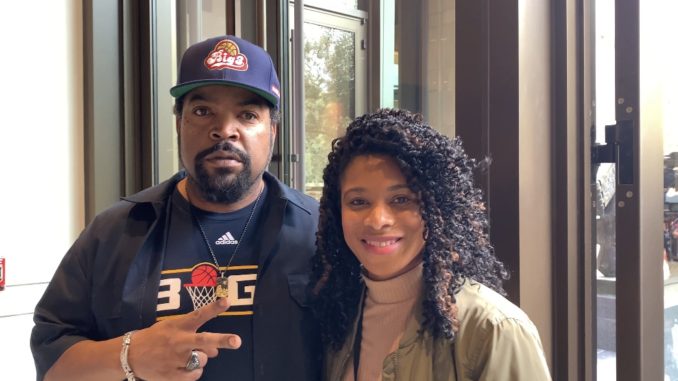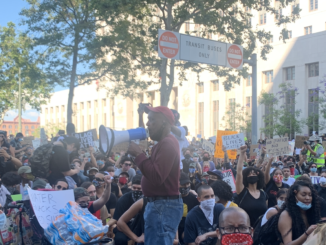
Byron Allen, who owns media conglomerate Entertainment Studios, battled Comcast in the Supreme Court on Wednesday (Nov. 13). The media mogul filed a $20 billion lawsuit against Comcast for allegedly refusing to carry channels from Entertainment Studios on the grounds of racial discrimination.
The day in court consisted of oral arguments and the justices analyzing whether just due was given in the lower courts to ensure that Allen’s case met the legal requirements of the burden of proof.
The issue at hand is whether discrimination was the sole cause or just a motivating factor for Comcast’s decision to not work with Entertainment Studios.
Allen’s attorneys cited a violation of the Civil Rights Act of 1866, an act that declared that “all persons born in the United States are declared citizens and granted full and equal benefit of all laws and proceedings for the security of person and property.”
The act also granted under section 1981 that “all citizens the right to make and enforce contracts, to sue, be parties and give evidence, to inherit, purchase, lease, sell, hold and convey real and personal property, to full and equal benefit of all laws and proceedings, as is enjoyed by white citizens.”
In other words, the act prohibited discrimination against black people in business dealings and contracts.
This case could have a consequential impact on racial discrimination cases going forward. If Comcast wins, then it may be difficult for victims of discrimination in business dealings to use the Civil Rights Act of 1866 to sue and prove their claims.
The reversal of the act could limit the victims’ ability to obtain testimony from witnesses and substantial evidence from defendants via depositions and discovery.
“It will be much harder for victims of race discrimination to sue employers, landlords and other businesses under section 1981 because plaintiffs will be required to prove that racial discrimination was the only factor in any disputed contracting scenario,” NYU Law Professor Grace Stokes told theGrio.
If Byron Allen prevails, then it could possibly lead to more litigation with the stance of racial discrimination as the basis. The end result, major corporations may take a hit to their reputations for not being inclusive and diverse.
Allen held a press conference addressing the case, theGrio reported first.
“This is something we have to address to make sure that we have the right to bring forth a lawsuit if we feel that something has happened to us that we feel is unjust.” Allen said. “It was never about black and white. It was about participating in the great American pie. So now we have to finally achieve that. That’s it. This is nothing more than economics.”
Comcast maintains their stance that racial bias and discrimination were not factors in their decision. In their appeal, the mega media corporation hopes that the Supreme Court will decide to reverse the 9th Circuit decision.
The case is documented as Comcast Corp v. National Association of African-American Owned Media. The justices have until Spring 2020 to make a final decision on the case.




Hey very interesting blog!